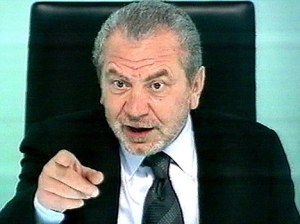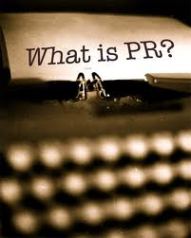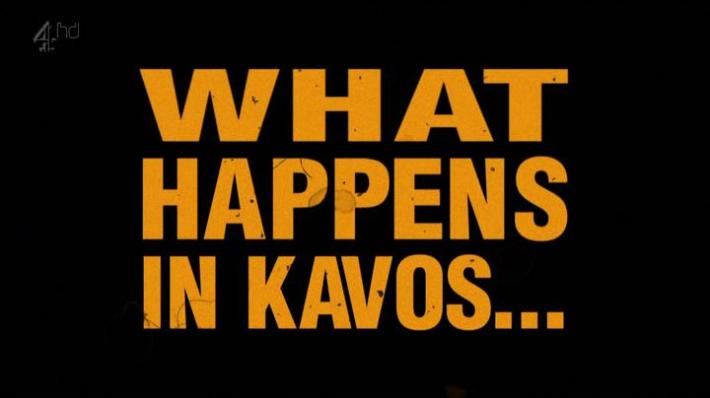Skills of negotiation go far beyond the ability to argue your point or get your own way. You don’t want to be stuck in the little bowl because you can’t negotiate!
One of the best ways to reach your full potential within a negotiation and increase confidence is to understand what type of negotiator you are.
Common perceptions about negotiation believe that there are two main types of negotiators; these are SOFT negotiators and HARD negotiators.
Characteristics of the SOFT negotiator:
- Try to avoid conflict
- Generally more willing to give in
- Often more trustworthy and honest
- Focus is on building relationship
- They are usually interest- based negotiators searching for a mutually beneficial result
Characteristics of the HARD negotiator:
- Aim for complete victory
- Can pressurise the other party
- Often lack consideration for the needs of the other party
- Can be seen as a ‘haggler’
- They are usually power- based negotiators who view successful negotiation as completely getting their own way
Each of these negotiator types has strengths and weaknesses. Push too hard and risk no negotiation being made or not push hard enough and get results that are of no value.
Imagine some of the conflicts employers face from employees; salary, position, even grievances between workers. We have all seen The Apprentice and it is obvious that Lord Sugar is a HARD negotiator. However; although he is an extremely successful business man, this approach is not always best.
To be a successful negotiator, what you need to have is BATNA!…try not to get that confused with BANTA!
BATNA refers to the:
“Best Alternative to a Negotiated Agreement.” –Fisher & Ury (1981)
This technique is a valuable tool within negotiation as it can be viewed as a safety net so that both parties do not come to a negotiation that of no value. If the result of a negotiation does not contribute to you meeting your objectives in some way, you have not used the BATNA technique. It is important to consider at which point you will settle and where you draw the line within a negotiation, the MOST IMPORTANT factor within any negotiation is to know where to draw the line and having the ability to STICK to that decision.
What type of negotiator are you? The HARD car salesman type, the SOFT relationship builder OR do you have BATNA?






